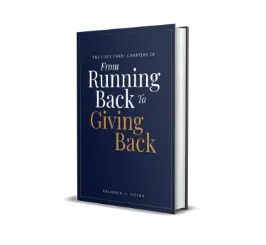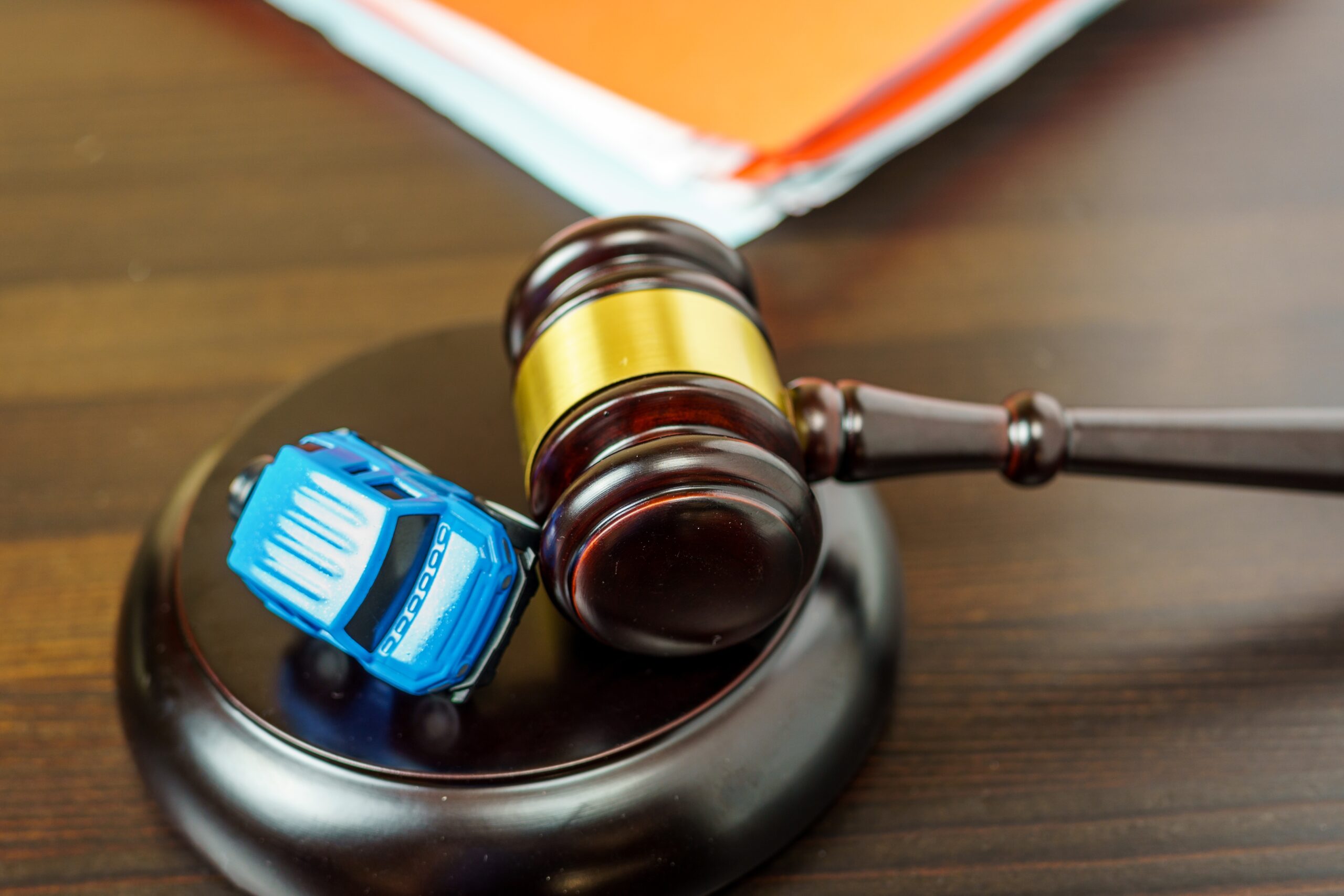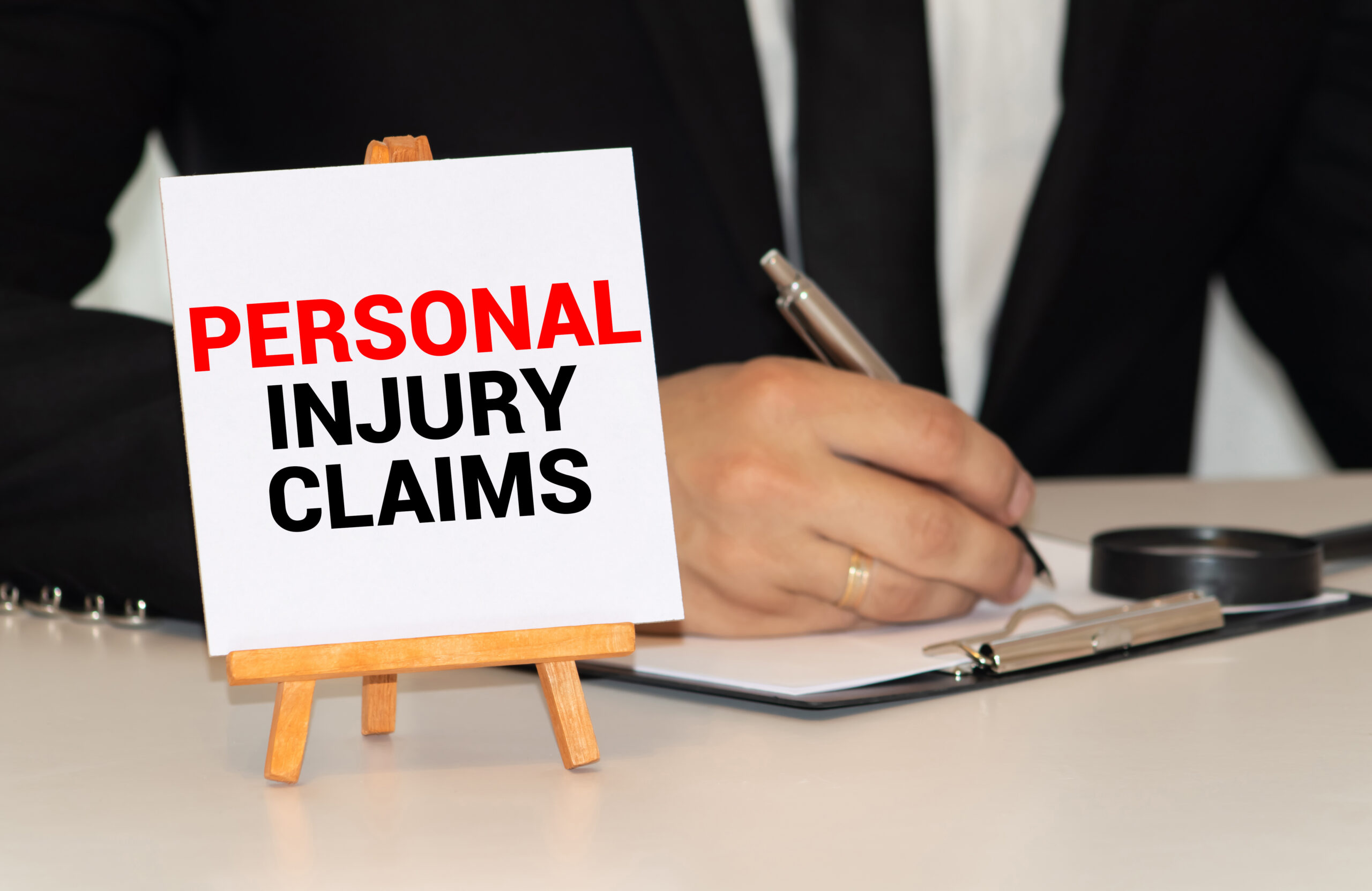When you suffer an injury in an accident, what follows can feel like a whirlwind of questions and challenges. In Indiana, the concept of comparative fault is one of the most critical factors influencing your personal injury compensation. This legal principle determines how much responsibility each party bears for the accident and directly impacts the amount of damages you can recover.
Whether you’re dealing with a car accident, a slip and fall, or another type of injury, understanding how comparative fault works is essential to protecting your rights and maximizing your compensation.
This nuanced system can feel complex, but with the help of an Indiana personal injury lawyer, you can better understand how these laws apply to your case and what steps you can take to pursue fair compensation.
Understanding Comparative Fault in Indiana
Indiana’s modified comparative fault system assigns a percentage of responsibility to each party involved in an accident, directly influencing the compensation a plaintiff can receive. If you’ve suffered an injury in Indiana, you can recover damages if you’re not more than 50 percent at fault. However, your compensation will be reduced by the percentage of your fault. For example, if a court finds you 30 percent responsible for a car accident, and your damages total $100,000, you’d only be eligible to recover $70,000.
The 50 percent threshold is critical. You’re barred from recovering any damages if you’re deemed 51 percent or more at fault. This rule ensures that only those who bear less than half the blame can pursue financial recovery. This system contrasts with pure comparative fault states, where plaintiffs can recover damages even if they’re 99 percent at fault, though their compensation is significantly reduced. Indiana’s approach balances fairness with accountability, encouraging all parties to act responsibly.
Insurance companies often leverage comparative fault to minimize payouts. They may argue that you share a significant portion of the blame to reduce their liability. An Indiana personal injury attorney can counter these tactics by collecting evidence, interviewing witnesses, and presenting a compelling case to assign fault percentages accurately. Without strong legal representation, you risk losing a portion – or all – of the compensation you deserve.
Determining Fault in Personal Injury Cases
In Indiana, determining fault in a personal injury case involves meticulously examining evidence. Courts and insurance adjusters rely on police reports, witness statements, photographs, and video footage to reconstruct the events leading to the accident. They also consider the actions of all parties involved. For instance, factors like speeding, distracted driving, or failing to yield in a car accident can significantly influence fault allocation.
 Assigning fault becomes even more complex in cases involving multiple parties. Imagine a three-car collision where each driver contributed to the accident. The court must assign a percentage of fault to each party, ensuring the total equals 100 percent. If you’re one of the injured parties, your compensation will depend on your assigned fault percentage and the other drivers’ fault percentages.
Assigning fault becomes even more complex in cases involving multiple parties. Imagine a three-car collision where each driver contributed to the accident. The court must assign a percentage of fault to each party, ensuring the total equals 100 percent. If you’re one of the injured parties, your compensation will depend on your assigned fault percentage and the other drivers’ fault percentages.
Comparative fault also plays a role in slip-and-fall cases. Suppose you slipped on a wet floor in a grocery store but ignored a clearly visible “Caution: Wet Floor” sign. The court might assign you a percentage of fault for failing to exercise reasonable care. This percentage will then reduce your compensation accordingly. An Indiana personal injury lawyer can analyze the circumstances of your case and gather evidence to argue for a fair allocation of fault, maximizing your potential recovery.
How Comparative Fault Influences Settlement Negotiations
Comparative fault doesn’t just affect courtroom decisions; it also plays a significant role in settlement negotiations. Insurance companies often use the threat of assigning high fault percentages to pressure plaintiffs into accepting lower settlements. They might argue that you were partially responsible for the accident, even if the evidence suggests otherwise. For example, an insurer might claim you were speeding or not paying attention in a car accident case, even if these factors didn’t contribute to the collision.
A skilled Indiana personal injury attorney can counter these tactics by presenting a strong case that minimizes your assigned fault percentage. They’ll use evidence like traffic camera footage, accident reconstruction reports, and witness testimony to challenge the insurer’s claims. By doing so, they can negotiate a more favorable settlement that accurately reflects your level of responsibility and the severity of your injuries.
Settlement negotiations often involve a back-and-forth process where both sides present their arguments and evidence. The goal is to reach an agreement that avoids the time and expense of a trial. However, your attorney can take the case to court if the insurance company refuses to offer a fair settlement. In such scenarios, the comparative fault system will guide the jury’s decision-making process, determining the final compensation amount based on the fault percentages assigned.
A Significant Exception to Indiana’s Comparative Fault Rule
While Indiana’s comparative fault system applies to most personal injury cases, notable exceptions exist. Claims against government entities, for example, often fall under contributory negligence rules. Under these rules, you must prove that the government entity was 100 percent at fault to recover damages.
If you’re even 1 percent at fault, you’re barred from receiving compensation. This higher standard of proof makes claims against government entities particularly challenging, highlighting the need to hire an Indiana personal injury lawyer as soon as possible.
The Importance of Accurate Fault Assessment
Accurately assessing fault is necessary in Indiana’s comparative fault system. Even a small difference in your assigned fault percentage can significantly impact your compensation. For instance, if you’re found 49 percent at fault in a case with $200,000 in damages, you can recover $102,000. However, if your fault percentage increases to 51 percent, you lose the ability to recover any damages.
Fault assessment often involves expert testimony and detailed analysis of the accident scene. Accident reconstruction specialists, for example, can provide valuable insights into how the incident occurred and who was responsible. Their findings can influence the court’s or insurance company’s decision on fault allocation. A personal injury attorney can coordinate with these professionals to build a compelling case that accurately reflects your level of responsibility.
Disputes over fault percentages are common in personal injury cases. Insurance companies may argue that you were more at fault than the evidence suggests, hoping to reduce their liability. Your Indiana personal injury lawyer can challenge these claims by presenting evidence that supports a lower fault percentage. They’ll also cross-examine witnesses and challenge the opposing party’s evidence to protect your right to fair compensation.
Leveraging Comparative Fault in Multi-Defendant Cases
When multiple parties are involved in an accident, Indiana’s comparative fault system requires the court to assign fault percentages to each party. This process can significantly affect the outcome of your claim, especially if one or more defendants lack adequate insurance coverage. Understanding how to approach multi-defendant cases strategically is vital for securing fair compensation.
For instance, imagine you suffered an injury in a three-car collision where Driver A is 40 percent at fault, Driver B is 30 percent at fault, and you’re 30 percent at fault. If your damages total $200,000, you can only recover $140,000 after the court deducts your fault percentage. However, collecting this amount depends on the financial resources and insurance coverage of Drivers A and B. An Indiana personal injury attorney can help identify all potential sources of compensation, including underinsured motorist coverage, to ensure you receive the maximum possible recovery.
In multi-defendant cases, your lawyer might also focus on shifting a greater portion of the fault to other parties. For example, if one defendant was texting while driving and another failed to yield, your attorney can argue that their combined negligence outweighs your own. This strategy reduces your fault percentage and increases the likelihood of recovering a larger share of damages.
Addressing Insurance Company Tactics
 Insurance companies often exploit Indiana’s comparative fault system to minimize payouts. They may argue that you share significant blame, even if the evidence suggests otherwise. Understanding and countering these tactics effectively is critical to any personal injury claim.
Insurance companies often exploit Indiana’s comparative fault system to minimize payouts. They may argue that you share significant blame, even if the evidence suggests otherwise. Understanding and countering these tactics effectively is critical to any personal injury claim.
One common strategy involves questioning your actions leading up to the accident. For example, the insurer might claim you were distracted or failed to signal a turn in a car accident. In a slip-and-fall case, they might argue that you ignored warning signs or wore inappropriate footwear. An Indiana personal injury lawyer can counter these arguments by presenting evidence highlighting the defendant’s negligence as the primary cause of the accident.
Another tactic involves lowball settlement offers based on inflated fault percentages. Insurers may pressure you to accept these offers by suggesting that your chances of winning in court are slim. Your attorney can push back by presenting a well-documented case demonstrating your limited fault and the severity of your injuries.
How a Skilled Indiana Personal Injury Attorney Defeats an Insurance Company in Court
Even though it’s highly unlikely your case will go to trial, an experienced Indiana personal injury lawyer will be ready if it does. Here are some ways a skilled attorney can obtain the full compensation you deserve.
Building a Rock-Solid Case from the Start
A seasoned Indiana personal injury lawyer knows that insurance companies will do everything possible to minimize or deny claims. That’s why they start preparing for trial from day one. They collect evidence, interview witnesses, and consult experts to strengthen their client’s case. They make sure every medical record, accident report, and piece of financial documentation is in place before entering the courtroom.
Insurance companies often rely on weak evidence, inconsistencies, or gaps in documentation to poke holes in a claim. An experienced Indiana personal injury attorney ensures there are no weak spots, forcing the defense to fight an uphill battle.
Exposing Insurance Company Tactics
Insurance companies aren’t in the business of paying claims fairly. Their legal teams use strategies designed to make plaintiffs settle for less. They may argue the injury isn’t as severe as claimed, blame you, or use delay tactics to wear you down.
A seasoned Indiana personal injury lawyer anticipates these tactics and counters them effectively. They highlight the true extent of the injuries through expert medical testimony, reconstruct the accident if necessary, and use cross-examination to expose contradictions in the defense’s arguments. Staying one step ahead, they strip away the insurance company’s ability to mislead the jury.
Presenting a Persuasive Argument to the Jury
Trials aren’t just about presenting facts – they’re about telling a compelling story. Your Indiana personal injury attorney will frame the case in a way that resonates with jurors. They won’t just show medical bills and accident reports; they’ll explain how the injury has changed your life. They’ll bring in family members, co-workers, and friends to testify about the emotional, physical, and financial toll.
Insurance companies try to reduce everything to numbers, but an effective trial lawyer will make it personal. They’ll humanize you and make sure the jury sees the full impact of your injury, making it much harder for an insurance company to argue for a lower settlement.
Challenging the Insurance Company’s Experts
Insurance companies bring in their own expert witnesses, often paid professionals whose sole job is to downplay injuries or shift blame. A skilled Indiana personal injury lawyer can discredit these witnesses through sharp cross-examination. They highlight biases, point out contradictions in past testimony, and introduce credible experts who provide strong, independent analysis.
A jury needs to believe your injuries are legitimate and life-altering. By undermining the insurance company’s experts, an experienced personal injury attorney ensures the defense’s arguments hold little weight.
Pushing for Maximum Compensation
Insurance companies bank on plaintiffs getting desperate and settling for less. A strong Indiana personal injury attorney won’t be intimidated by lowball offers. They’ll push for the maximum possible compensation for medical expenses, lost income, or pain and suffering. If an insurance company refuses to offer a fair amount, they’ll make it clear they’re prepared to take the case all the way to a verdict.
By refusing to back down, presenting an airtight case, and dismantling the defense’s arguments, an Indiana personal injury lawyer levels the playing field. They can ensure the insurance company pays what’s owed.
Please Contact an Indiana Personal Injury Lawyer to Learn More
If you hire an Indiana personal injury attorney immediately, your chances of winning your case will increase dramatically – either through obtaining a fair settlement or securing a favorable trial verdict. A lawyer is ready to provide a free consultation and show you how they can help.






